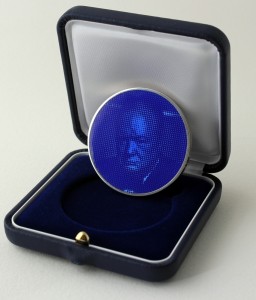
129 Fellows awarded a prestigious new Churchill Medallion at a London award ceremony
Anita Immanuel, PhD student in FHSS was presented with a newly designed Churchill medallion at a prestigious biennial award ceremony in London this week (Wednesday, 18th May), after successfully completing her Winston Churchill Travelling Fellowship.
Anite was presented with the stunning blue cloisonné enamelled silver Churchill medallion by its designer and Guest of Honour, Professor Brian Clarke, who is a world renowned architectural artist. Professor Clarke presented 129 Fellows with their medallions at a ceremony in Church House, in Central London. Church House has significant Churchillian associations as during the Blitz, Winston Churchill requisitioned Church House as a makeshift Houses of Parliament after the originals had been damaged by bombing.
As part of her Fellowship and linked to her PhD research, Anita travelled to Australia and Canada. Her PhD reserach examines the quality of lives of adults who have survived cancer of the blood or lymphatic system. Patients with haematological cancers have frequently reported lack of care-coordination as an unmet need following their intensive treatment. Anita’s Fellowship has been outlined in a previosu BR Research Blog (click here!).
Speaking about the Fellowship, Prof. Stephen Tee (Executive Dean FHSS) said: “These Winston Churchill Travelling Fellowships provide opportunities for UK citizens to go abroad on a worthwhile project, enriching their lives through their global experiences. We are proud of Anita’s PhD research focusing on the quality of life in people who have survived cancer. This Fellowship has also benefited Anita and her colleagues at the Royal Bournemouth and Christchurch Hospitals NHS Foundation Trustwhere she works as specialist nurse in this field”.
Anita’s PhD is supervised by: Dr. Jane Hunt and Prof. Edwin van Teijlingen (both FHSS) and Dr. Helen McCarthy, Anita’s clinical Ph.D. supervisor.
In 2017 The Winston Churchill Memorial Trust will be awarding 150 Travelling Fellowships. This will directly support British citizens who want to travel overseas to gain knowledge, experience and best practice to benefit others in their UK professions and communities, and society as a whole. The Winston Churchill Memorial Trust was established shortly after Sir Winston’s death in 1965, as his national memorial and living legacy. Since then it has awarded over 5,250 Travelling Fellowships. The application process for travel in 2017 is now open! Visit www.wcmt.org.uk for more details, or to apply before 5pm on 20th September 2016, for travel in 2017.
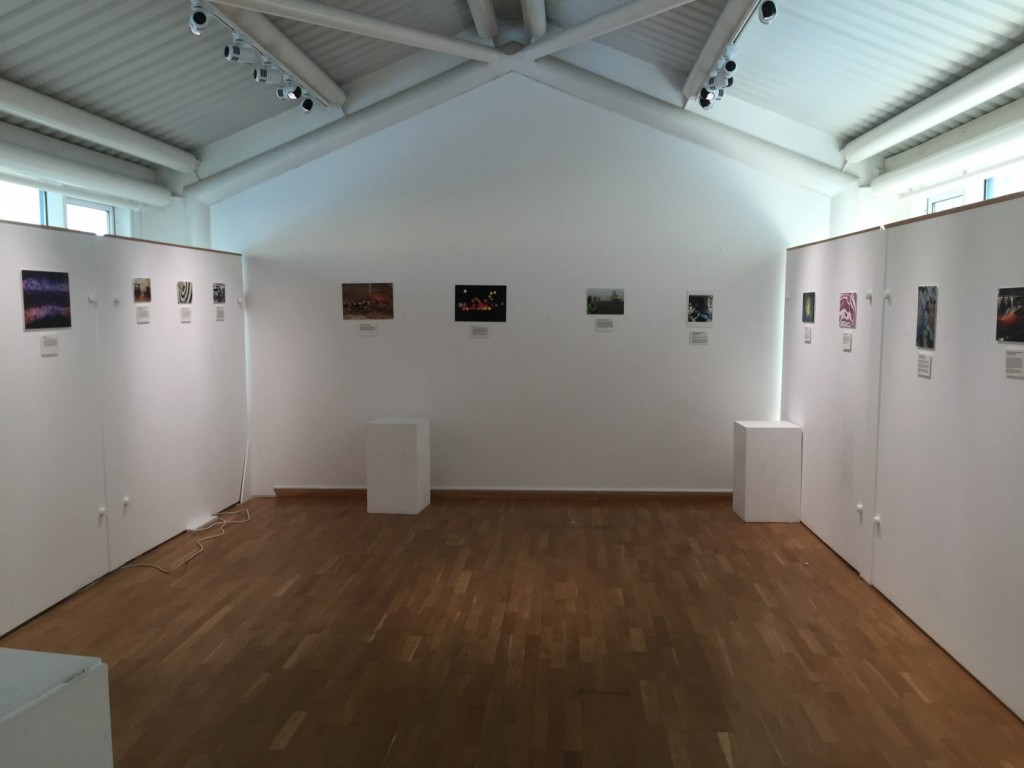

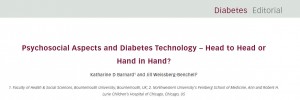
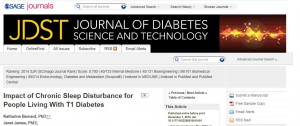
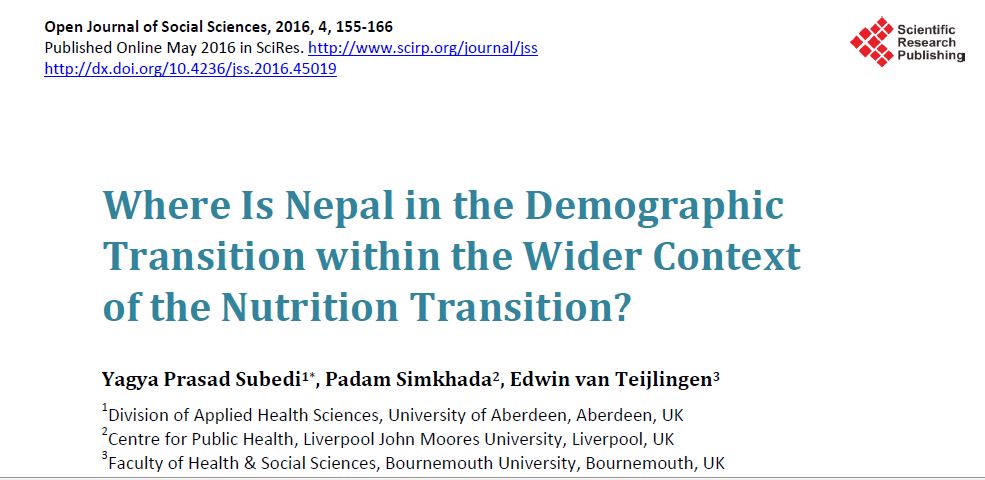
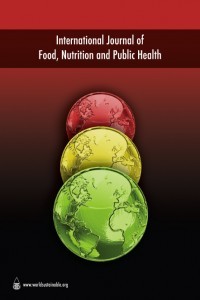

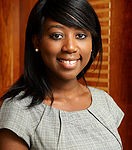
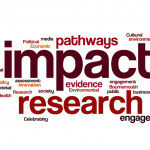

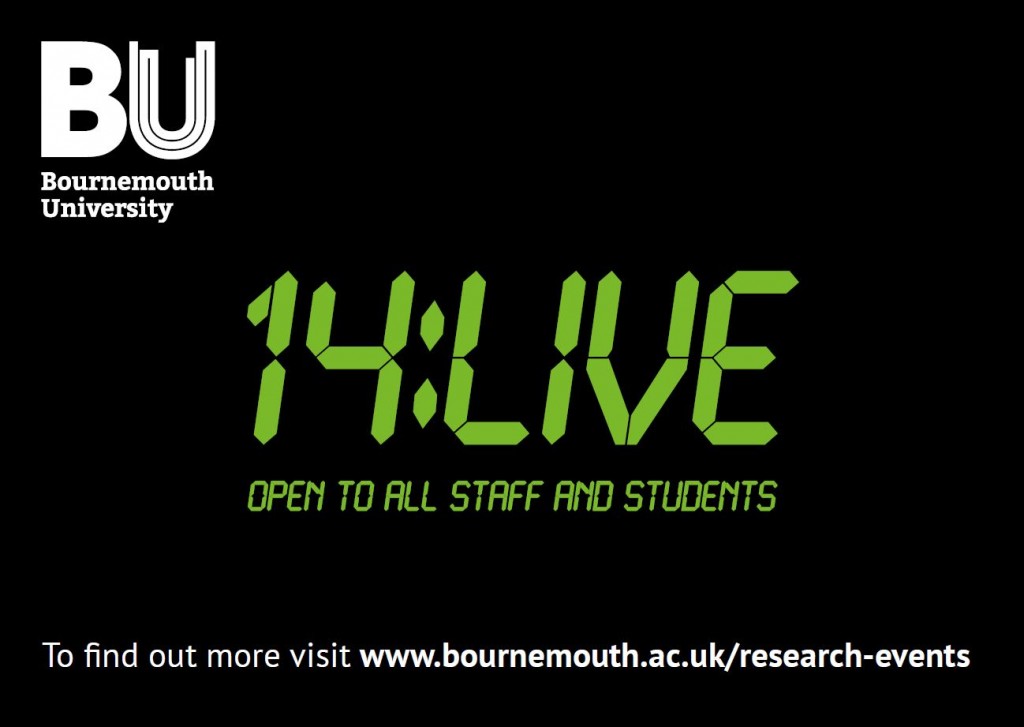
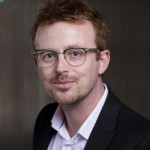











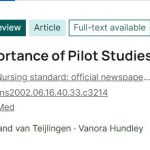 Paper with 160,000 reads
Paper with 160,000 reads The Month in Research: April 2024
The Month in Research: April 2024 BU Professor has been invited to a series of plenary and invited lectures.
BU Professor has been invited to a series of plenary and invited lectures. Research reaching non-academic audiences
Research reaching non-academic audiences April’s Café Scientifique – Should we help machines understand and respond to our emotions?
April’s Café Scientifique – Should we help machines understand and respond to our emotions? Apply for up to £1,000 to deliver an event and take part in a national festival of public engagement with research
Apply for up to £1,000 to deliver an event and take part in a national festival of public engagement with research MSCA Postdoctoral Fellowships 2024
MSCA Postdoctoral Fellowships 2024 Horizon Europe News – December 2023
Horizon Europe News – December 2023